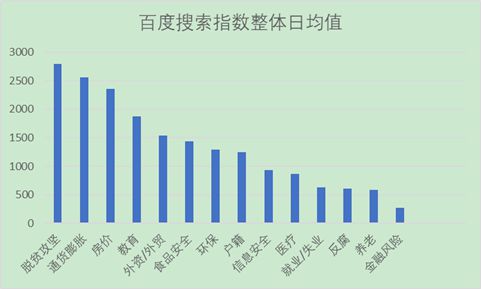全文:(1272 KB) (1 KB)
输出: BibTeX | EndNote (RIS) 背景资料
摘要随着移动互联网的广泛使用,网络社会心态既是社会心态研究不可或缺的一部分,也成为理解中国网络社会的重要窗口。在系统梳理现有文献的基础上,本文指出网络社会心态具有社群性、极端性、流动性和网络嵌入性四方面鲜明的特征。在剖析网络社会心态特征的基础上,本文将网络社会心态看作一种具有关系性、局部主体间性和相对流动性的社会文化现象。这一理解要求我们综合运用归纳逻辑、类型学分析和话语分析等视角对网络社会心态进行实证研究,并聚焦考察网络社会心态的社群化、极化和形成机制这三个关键性议题。
服务
E-mail Alert
RSS
作者相关文章
关键词 :,,
Abstract:With the widespread penetration of mobile Internet, online social mentality is not only an indispensable part of social mentality study, but also an important window to the understanding of the Chinese cyber-society. Based on a systematic review of the extant literature, this article contends that online social mentality manifests four key features of community specificity, extremity, fluidity and network-embeddedness, and proposes a theoretical conception of online social mentality as a relational, locally inter-subjective and relatively fluid socio-cultural phenomenon. This conception indicates that empirical studies should be conducted inductively, with typology analysis and discourse analysis being the most useful analytical approaches, and that community-based social mentalities, the polarization of social mentality and the emerging process of social mentality are three significant topics in online social mentality studies.
Key words:




发表评论